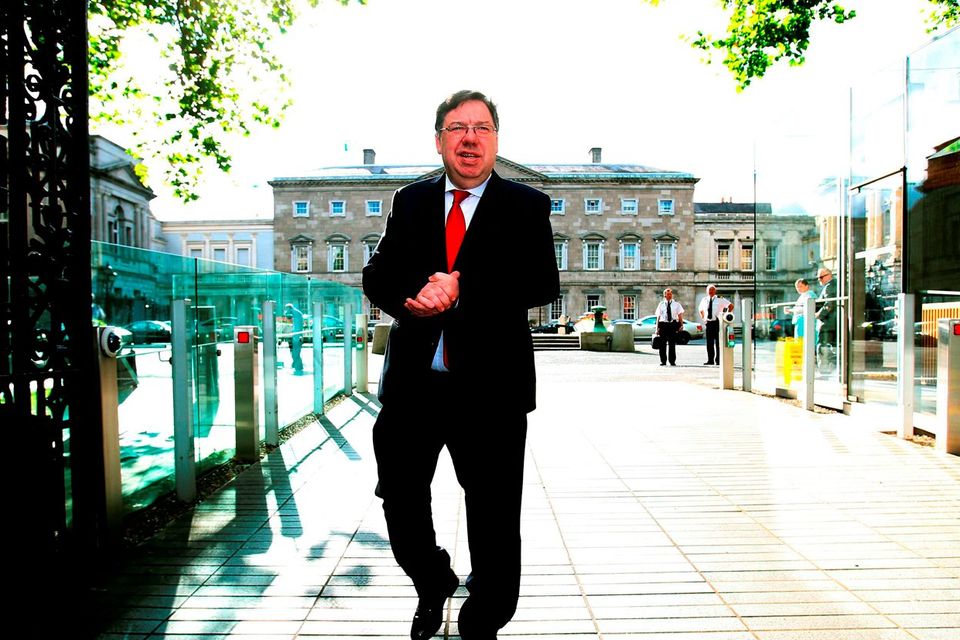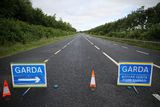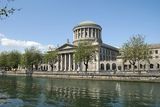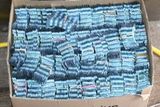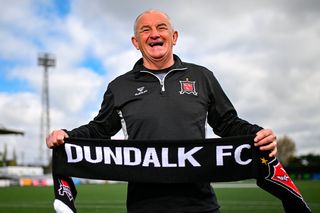Bank Inquiry is divided on who was to blame for crash
Some members of committee may refuse to sign off on the report when it is completed
It is believed that one Fianna Fáil member of the Inquiry has concluded that international factors led to the crash and defends the actions of Brian Cowen in the run-up to the crash, as well as the introduction of the 2008 bank guarantee
Major differences have emerged between members of the €5m Oireachtas Banking Inquiry over what they want their final report into the banking crash to say.
Given the level of disagreement, there is even the possibility of at least one or two members of the inquiry refusing to sign off on the report when its completed.
The inquiry is currently in the process of drafting its final report, but it is believed that Fine Gael, Fianna Fáil and Independent members differ hugely in terms of style, tone and length in how they want the final report to look.
The vast differences illustrate the scale of the task ahead if the inquiry is to agree a final report by its January deadline.
The Irish Independent understands that while there is some consensus in the criticisms of bankers and regulators, there are stark disagreements between committee members as to political responsibility.
It is believed that one Fianna Fáil member of the Inquiry has concluded that international factors led to the crash and defends the actions of Brian Cowen in the run-up to the crash, as well as the introduction of the 2008 bank guarantee.
This Fianna Fáil member is severely critical of the role of the ECB in the run-up to the 2010 bailout and also concludes that the former finance minister, the late Brian Lenihan, was "not over-ruled" by Mr Cowen on the night of the guarantee.
Central Bank Governor Patrick Honohan told the inquiry that Mr Lenihan was opposed to the guarantee option but was "over-ruled" by Mr Cowen.
But the Fianna Fáil member's position is that what Prof Honohan said in evidence should only be treated as hearsay, as he was not present on the night.
In a strong criticism of the structure of the inquiry, the Fianna Fáil member says that although no evidence of illegality came up in the inquiry, the prohibitive and restrictive nature of the rules which underpin the inquiry meant that possible illegal acts could not be properly investigated.
In contrast, a Fine Gael member concludes that the crisis was primarily of Irish making, because the astonishing increases in bank lending and personal debt meant that only a hard crash was likely.
The Fine Gael member believes that senior NTMA officials were deliberately excluded from discussions on the night of the guarantee in Government Buildings because they would have opposed it.
It is understood that the member argues that the guarantee itself was a major gamble. They are also understood to be deeply critical of the fact that the financial calculations upon which the guarantee and later Nama were based on turned out to be wrong by "tens of billions".
Meanwhile, it is understood that Socialist TD Joe Higgins is eager to criticise "vulture fund capitalism", which imposed huge losses on the Irish people.
But this approach is likely to be strongly resisted by other committee members.
Sources have said that such is his unhappiness, Mr Higgins is very unlikely to sign the official report. It has been speculated that he could produce his own so-called minority report.
It is believed that Independent Senator Seán Barrett, who is an economist, has been pressing for the inquiry to be forward-looking in order to ensure that past mistakes are not repeated.
Failings
It is also believed that Mr Barrett identifies 16 separate failings by the Department of Finance, which include the lack of qualified economists and its failure to address the effects of the crisis in a timely fashion.
He is also believed to have identified 11 separate failures of the Financial Regulator, as well as criticising auditors, the banks and the ECB.
Inquiry sources have said that within the next week or so, proper intense discussions as to the final draft report will begin.
And while these are the personal views of members, the final report may ultimately omit many of their desired conclusions. There are legal restrictions on the inquiry's work.
Join the Irish Independent WhatsApp channel
Stay up to date with all the latest news
